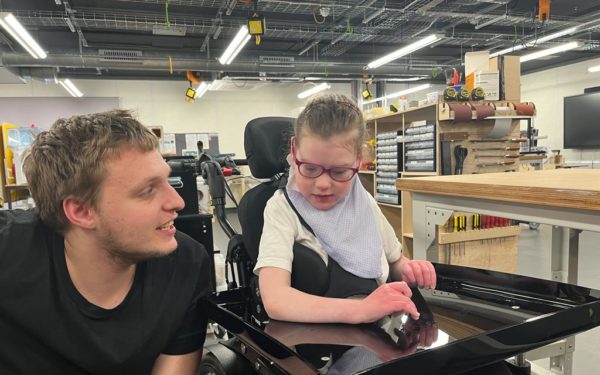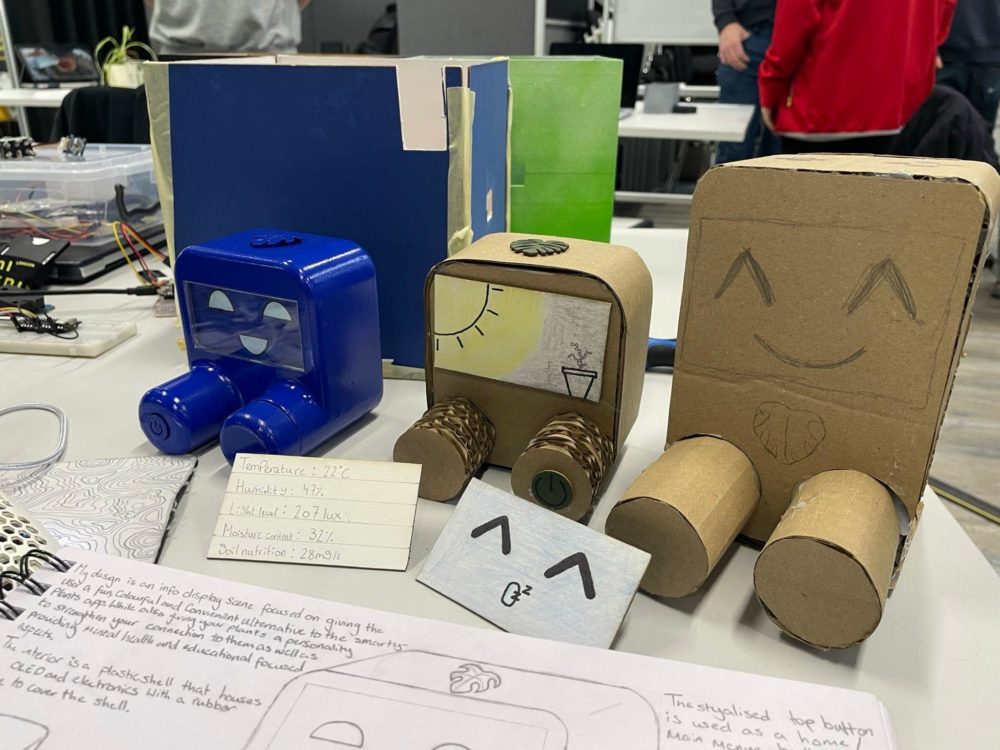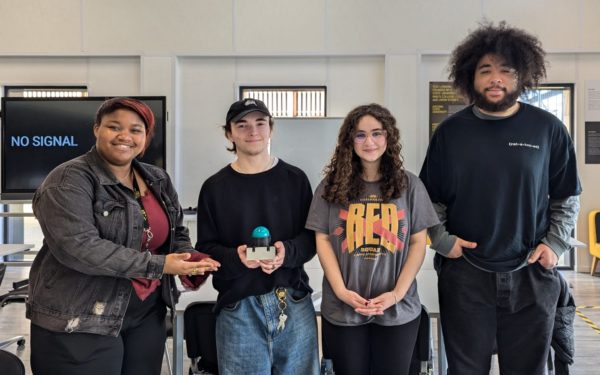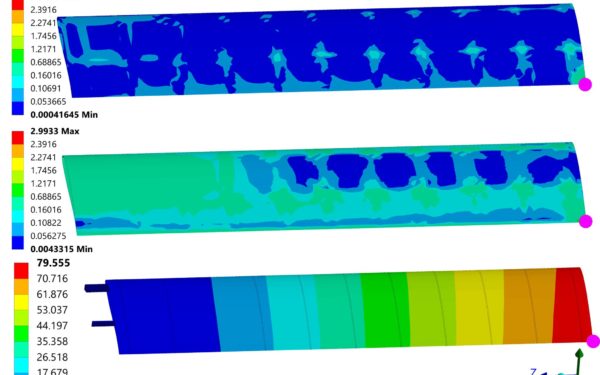
User-centred designs to support plant and planet health

Our User-Centred Design module highlights the important role engineers play in designing with human factors in mind, and how this informs product form, function and optimisation. This year our students explored this process in collaboration with industry partner SmartyPlants, a visionary local start-up who have developed a tool to help people take care of their indoor plants better. Their product is a sensor that can be placed in soil to monitor the key conditions of the plant and surrounding environment, providing rich data on factors like light, humidity, nutrients, temperature and moisture.
The design challenge and process
The brief from SmartyPlants challenged students to creatively consider how they can use the sensor data to develop an ancillary or accessory product. A key criteria was to address the functional aspects of plant care but also enhance users’ emotional and psychological wellbeing; considering how we interact with and care for indoor environments, and how this can be used to improve our lives more broadly.
Students followed a user-centred design process and began by carrying out interviews and journey mapping to gather deep insights into how users interact with their indoor plants.
Armed with these insights, they then moved to the ideation phase, where they applied techniques like systematic inventive thinking to generate a wide range of innovative solutions. The aim was to create prototypes that not only addressed the functional needs of plant care but also enhanced the aesthetic and ergonomic interaction between the user and the product.
Throughout the module, the students frequently revisited user feedback to refine their designs, ensuring their solutions were both user-centric and innovative. Each student developed their own design, before pitching it during a product showcase demo.
Students developed a range of creative solutions to address this challenge. Here’s a look at some of the stand-out ideas presented:
The plant care solutions
Polina’s BloomBox combines multifunctionality with user wellness needs. Her device is designed to enhance plant growth through innovative vibration technology, while integrating seamlessly into daily routines with features like a soothing nature sound alarm clock. It considers a harmonious blend of technology and design, tailored to optimise limited living spaces and improve user satisfaction with plant care.

Hassan’s PlantGuard introduces an approach to combat pest control in indoor plants. By creating an air circulation vortex, this device eliminates the need for chemicals, providing a natural solution that keeps plants healthy and pest-free, enhancing the indoor gardening experience.

Finley’s Plant buddy offers a unique interactive touch to plant care with mental health-enhancing features. These screens display beneficial wellbeing-focused tips and plant care notifications, changing expressions to signal plant needs – turning everyday plant care into an engaging, informative experience.

Cassidy’s Multi-Functional Compost Tower redefines resource efficiency in plant care. By innovatively managing water and energy, the tower supports sustainable living, proving that smart design can significantly impact environmental conservation.

Meeting user needs and real world applications
Ben Beavers, Founder of SmartyPlants, commended the solutions our future engineers have developed: “Students have thought about how you can improve lifestyle or get a better connection to nature for your mental health. It’s been amazing seeing the depth of research that they have gone into to really make sure that the products they’re building are going to meet a need.”
This project showcases not just the technical proficiency of our students but their commitment to creating solutions that resonate with users’ needs and environmental sustainability. The innovative designs developed in the UCD module highlight how engineering can intersect with personal wellbeing and nature, crafting products that are as beneficial as they are beautiful. These initiatives are not just academic exercises; they have the potential to evolve into viable products that enhance the quality of life and promote sustainable living practices.
Learn more about studying Global Design Engineering at TEDI-London.
More student projects articles


Show and Tell 2025: Global Design Engineering Students Meet MathWorks
